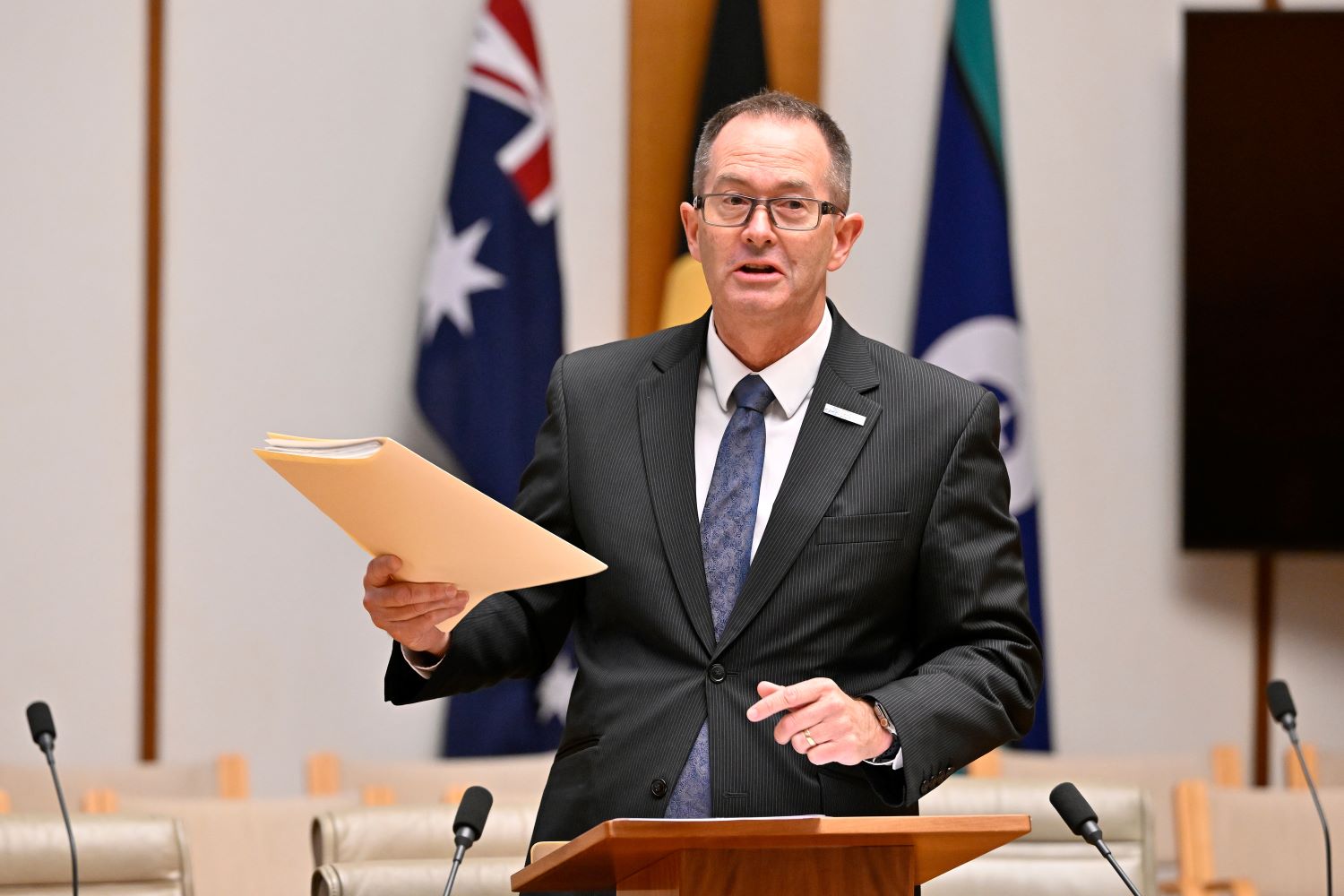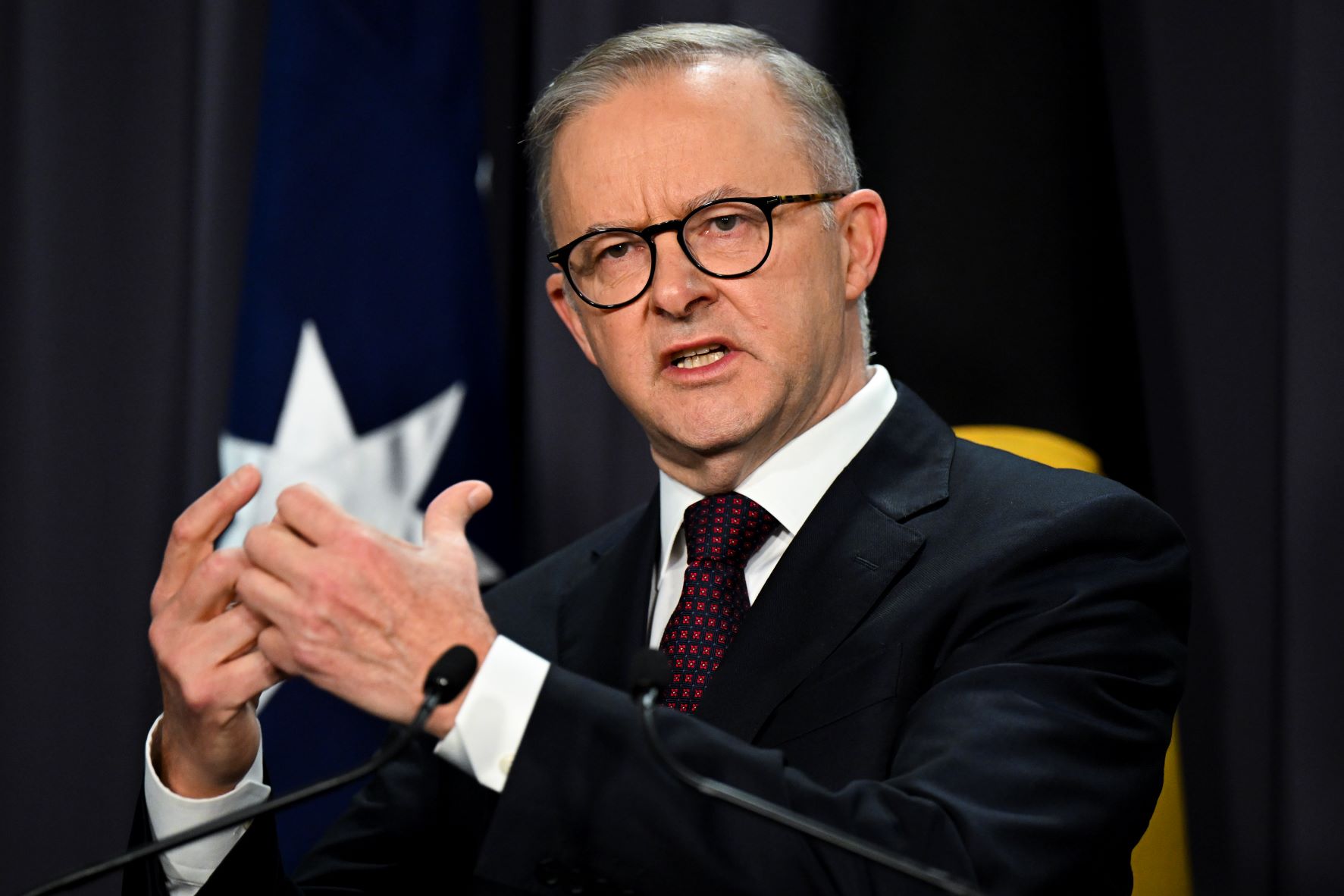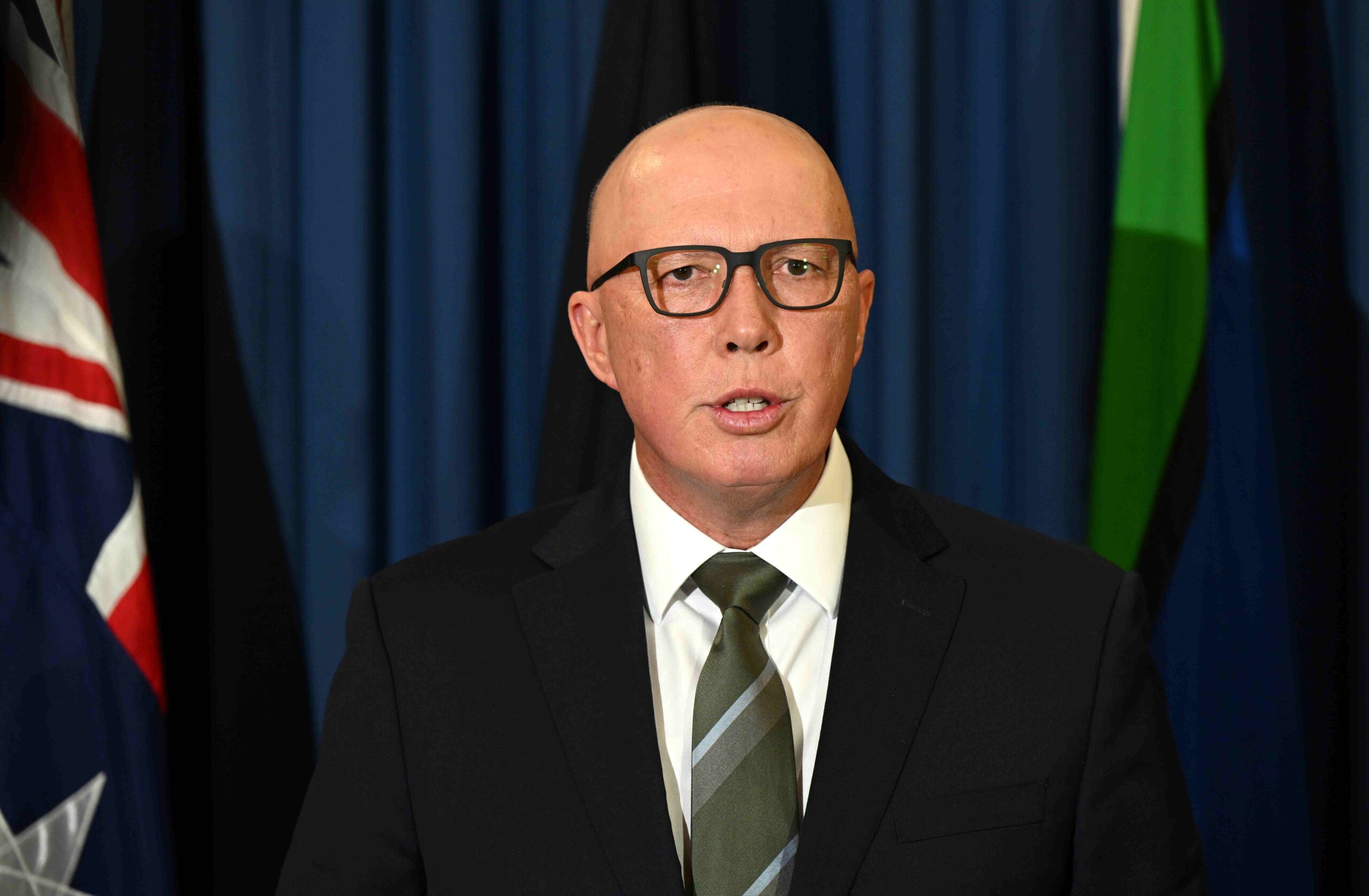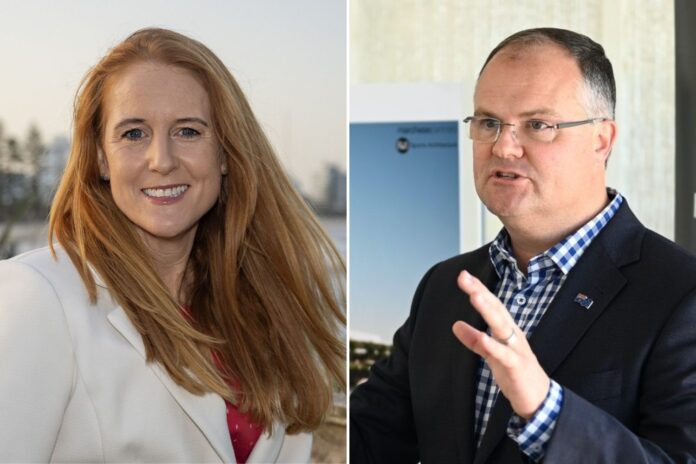Anthony Albanese has won a second term as prime minister, with Coalition Leader Peter Dutton set to lose his seat in the federal election.
While the vote count is still too early to determine how many seats Labor will pick up, it is the only party able to form a government, as the coalition’s vote plummets.
With Saturday’s victory, Mr Albanese is the first prime minister to win two elections in a row since John Howard in 2004.
On the Sunshine Coast, the contest in Fairfax was considered too close to call about 9pm, with sitting LNP member Ted O’Brien (50.68 per cent) being challenged by Labor candidate Naomi McQueen (49.32 per cent) in two-party preferred voting.
On first preferences, Mr O’Brien had about 31 per cent of the vote and Ms McQueen had about 25 per cent, followed by independent Francine Wiig and the Greens’ Sue Etheridge, both on about 13 per cent.
The LNP’s Andrew Wallace looked set for re-election to the seat of Fisher, leading Labor candidate Morrison Lakey by about 53 per cent to 47 per cent in two-party preferred voting.

In Wide Bay, Llew O’Brien of the LNP had more than 56 per cent of the vote and was on track to retain his seat, ahead of Labor’s Elliott Chalmers.
Mr Dutton’s Brisbane electorate of Dickson was projected to fall to Labor’s Ali France, after he suffered a swing of 9 per cent with a third of the vote counted.
The opposition leader projected confidence as he voted in his electorate of Dickson earlier on Saturday.
“I think a lot of quiet Australians would come out today to support the coalition and I’m looking forward to the outcome tonight,” Mr Dutton told reporters at Albany Creek State School in Brisbane’s north.

But he was much less optimistic after early counting showed him trailing Labor’s Ali France in his own electorate of Dickson.
“We believe in miracles. But it’s tough,” he told Channel Nine.
Trailing in the polls going into the start of year, Labor regained ground on the coalition throughout 2025 following global uncertainty triggered by US President Donald Trump and his tariffs on trading partners.
Campaigning on reducing living costs, Mr Albanese made health a focal point during the election, frequently brandishing his Medicare card and pledging to expand access to bulk billing and urgent cares clinics.

Mr Dutton urged voters throughout the election to ask themselves if they were better off now compared to three years ago, but the public has opted for a second term of the status quo.
The election was dominated by issues on the cost of living, following several interest rate rises and high inflation, with the prime minister also going on the attack of Mr Dutton’s record as health minister during the previous coalition government.
Treasurer Jim Chalmers said voters had comprehensively rejected the policies of the coalition under Mr Dutton’s leadership.
“The nuclear stuff was bad for Peter Dutton. He made an egregious error on the Sunday night of the final week, saying he would be comfortable having a nuclear reactor in his suburb,” he told ABC.
Despite being ahead throughout the campaign, Mr Albanese still sought to play the underdog card, with Labor still scarred by its 2019 election loss which polls predicted it would win easily.
But with Saturday’s win, Labor has exorcised its demons of the electoral past and will look to implement its second-term agenda.
Expectations of a coalition victory were already low after opinion polls showed a dive in support over the campaign.
But the mood in Liberal HQ at the W Hotel in Brisbane turned definitively dour as the first numbers began to trickle in on Saturday night.





